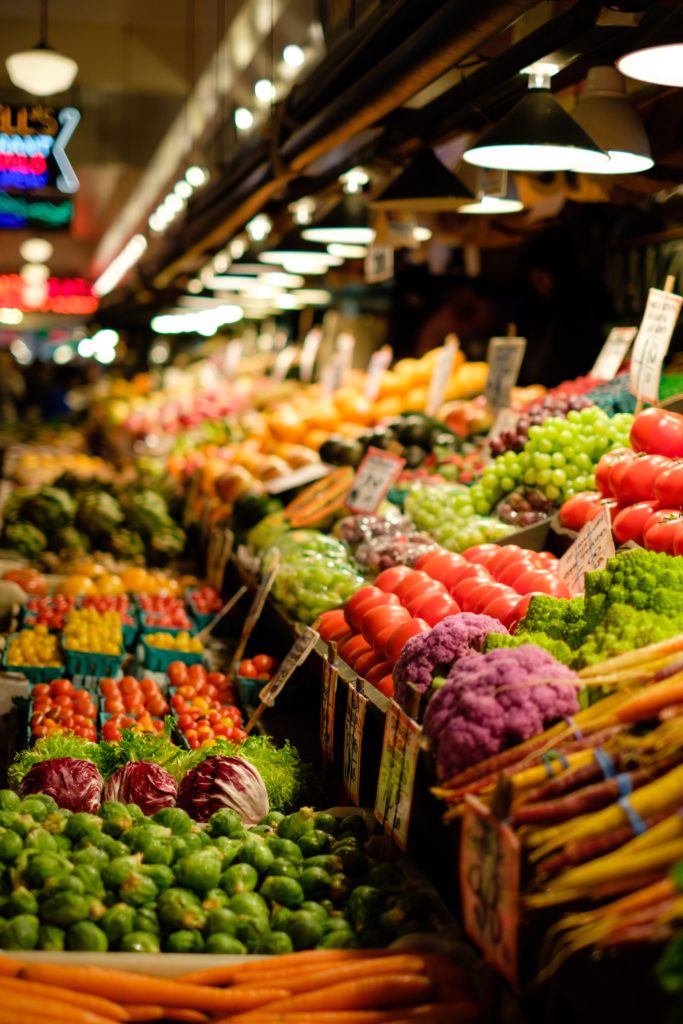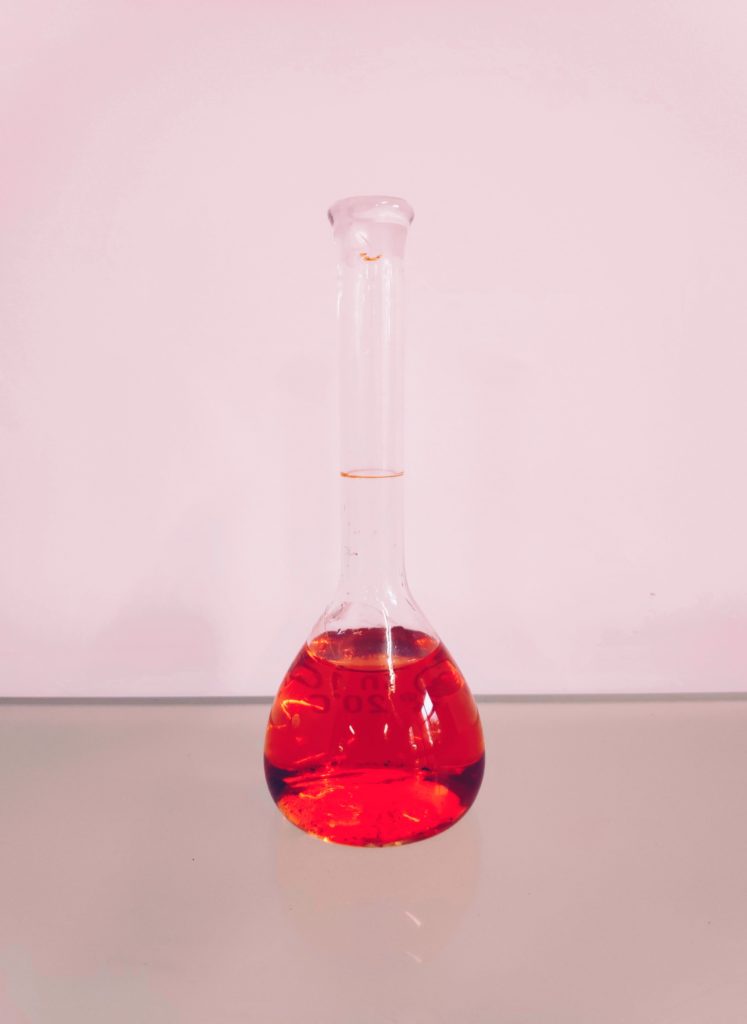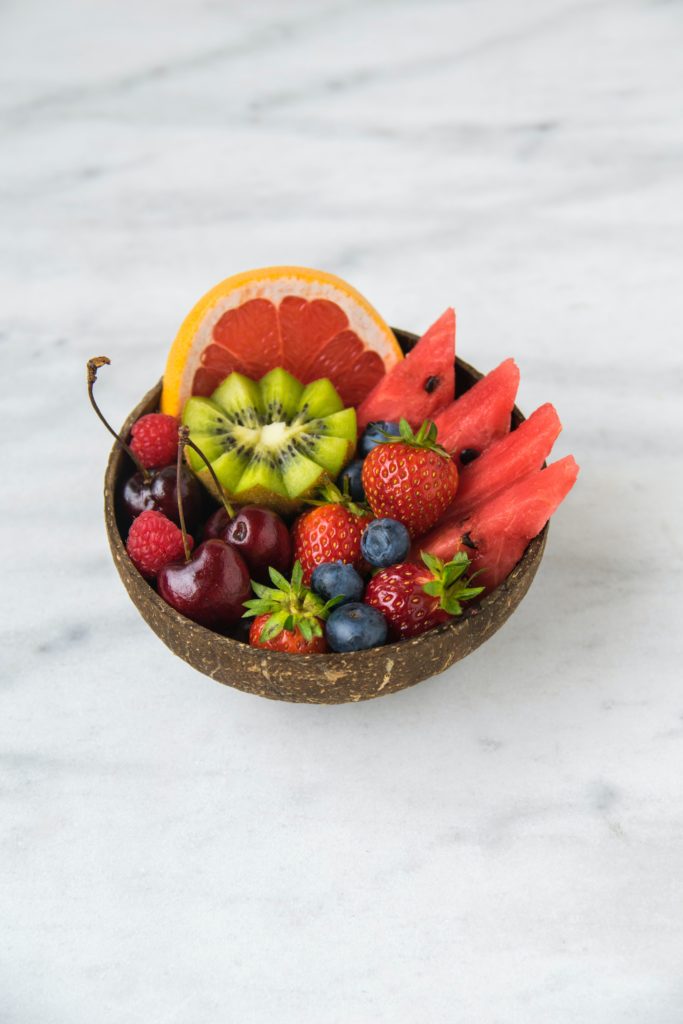Why you should prefer organic food
We all aspire to be beautiful inside and out. But how should we go about that? It seems to involve lots of self-care and self-love, which sound very abstract, so how could you get started today and achieve concrete results in a foreseeable time? With a healthy diet! In this article, we’ll explain why opting for organic food whenever possible is an easy and great start.
Organic food: just a trend?

We know that the trend of organic and wholefood consumption is growing every day. However, it is important to know why we are following this path. At first, this trend is parallel to the growing dissemination of information about the dirty secrets of the food industry. This is a wonderful sign, but we should always look for reliable sources of information. So here we will provide the links to our sources.
Organic food is not yet accessible to everyone because of its high price. On the other hand, we know that anyone who wants to have a healthy life can give up other superficial expenses to take care of their health.
This will quickly pay off, as the results will be visible on your skin, fingernails, hair and the shine in your eyes, etc. Besides, we are sure that your sugar daddy will support you on that.
An added benefit of following this trend and taking your new diet seriously is that you can inspire people in your friend circle to do the same!
Why organic food?
Don’t forget that you are what you eat. So let’s talk about the foods that really make a difference when it comes to beauty.

You might be wondering what makes non-organic food so bad. Let’s first remember that mass producers need to make sure their products meet market demands. This means they need to be available on the shelves in large quantities. And to make this possible, farmers use a number of chemical products help their crops survive and produce to look good in the shelves. So that means using synthetic fertilizers, pesticides, growth hormones, antibiotics and even genetic engineering.
It is important to stay away from these products and consume as much unprocessed as possible. To give you an example of a processed product, let’s talk about sugar. Less processed would mean brown sugar, while most processed would be refined (white) sugar. The same is true of rice: whole grain is less processed and white is processed. This means that, in the bleaching process, it loses vitamins and fiber, so brown rice is much healthier and can even help in weight loss.
12 additives to keep away from
EWG – Environmental Working Group, a US non-profit corporation, has made a list of 12 additives you should definitely strike out of your diet:

- Nitrites and nitrates: present in processed meat such as sausages, hams, salami and even fish. The World Health Organization warns that these can be carcinogenic, i.e. they are linked to cancer.
- Potassium bromate: found in bread and biscuits. This is already banned in the United Kingdom, European Union and Canada.
- Propyl paraben: used as a preservative in mini-pizzas, tortillas and food coloring. It is related to breast cancer and sperm reduction in men.
- Butylated hydroxyanisole (BHA): present in chips and dehydrated meat. Many organizations see it as carcinogenic.
- Butylated hydroxytoluene: this can also cause cancer in animals and alter hormones.
- Propyl gallate: present in foods with more fat, like sausages. It is associated with tumors in rats.
- Theobromine: found in chocolate and energy drinks.
- Artificial colors and flavors are associated with hyperactivity in children.
- Diacetyl: used extensively in butters, especially microwave popcorn. It is associated with lung diseases.
- Phosphates: one of the most common, also found in processed meats to improve softness and reduce humidity. Related to cardiovascular and kidney problems.
- Aluminum derivatives: these are stabilizers that are associated with neurological problems.
What this means is simple: you see any of these additives in the list of ingredients of the product, don’t buy them. Go for the organic equivalent.
There is also the opposite list of the “Clean Fifteen”, that is, foods that contain few to no additives: avocado, sweet corn, pineapple, cabbage, onion, sweet pea, papaya, asparagus, mango, eggplants, yellow melon, kiwi, melon, cauliflower and broccoli.
YOU MIGHT ALSO LIKE: The power of vitamins


